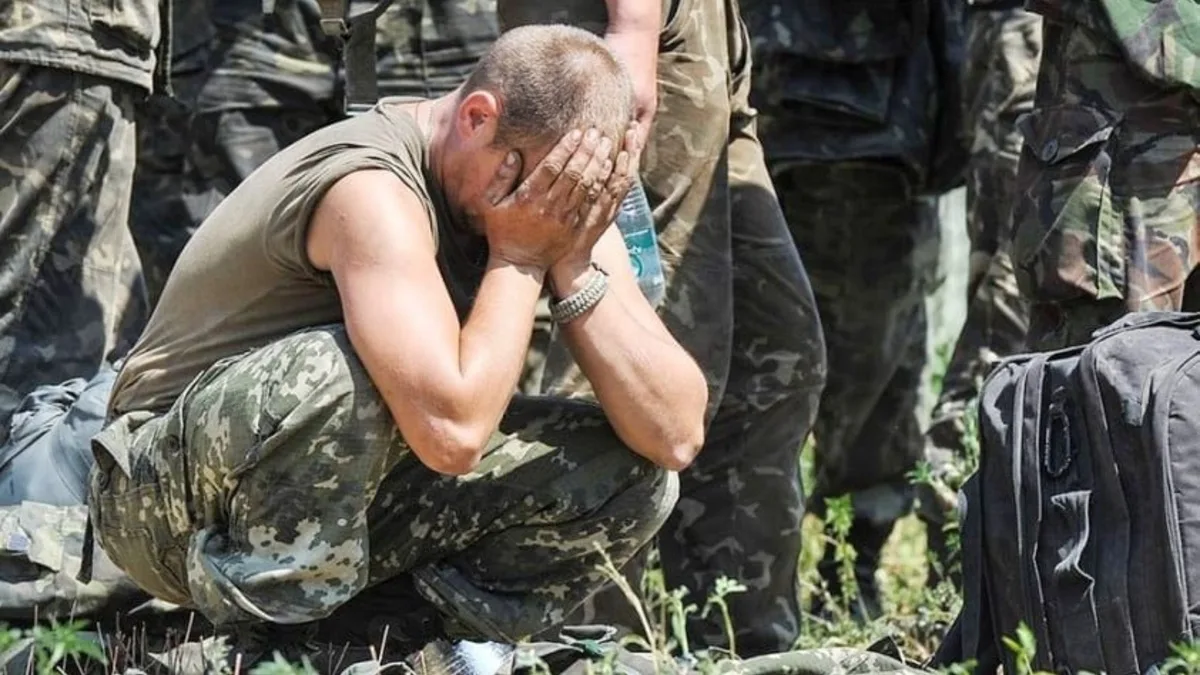For many veterans returning from the front, the transition home comes with complex psychological conditions and emotional reactions. Anxiety, fear, and recurring memories of traumatic experiences often become part of daily life, requiring understanding and support from both family and society.
One key concept is a trigger — a signal that activates memories of trauma. Particularly dangerous are traumatic triggers that suddenly cause panic, fear, or depression. When traumatic experiences remain unprocessed, the brain perceives threats as ongoing, storing not only the event itself but also the surrounding details: smells, sounds, images, even tastes.
Read also: How to help your child cope with fear of loud noises
PTSD
Among the most common consequences of war is post-traumatic stress disorder (PTSD). It affects thinking, emotions, and behavior, complicating work and social interactions. Core symptoms include recurring flashbacks, nightmares, avoidance of reminders of trauma, negative mood changes, heightened anxiety, and hyperarousal. When these symptoms last longer than a month and interfere with daily life, PTSD is likely to have developed.
Beyond psychological trauma, veterans often face acoustic barotrauma — damage to hearing and the vestibular system caused by blast waves. This can result in small hemorrhages, nerve tissue damage, balance problems, persistent dizziness, and permanent hearing loss. Repeated exposure to blasts can also lead to chronic traumatic encephalopathy, a progressive brain condition.
Read also: What is “alternative education” and how can it be applied in Ukraine?
Concussion
Another consequence is post-concussion syndrome, or concussion, where a blast wave damages the brain due to shifts in fluids and tissues, causing micro-injuries and tears in nerve fibers. The brain moves inside the skull, injuring cells and tissues even without visible external wounds.
The consequences of war often remain invisible to others, but they require attention, understanding, and support. Treating veterans with respect and without judgment helps them adapt to civilian life and preserve their mental health.
This material was prepared based on the Accessibility Handbook, an initiative of First Lady Olena Zelenska.
Read also: Podcast ‘What’s New in Education.’ Why psychological support for families of children with disabilities is becoming crucial



